Search
Did you mean: Raphael?
Search Results

Definition
Constantinople
Built in the seventh century BCE, the ancient city of Byzantium proved to be a valuable city for both the Greeks and Romans. Because it lay on the European side of the Strait of Bosporus, the Emperor Constantine understood its strategic importance...
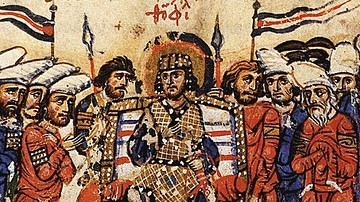
Definition
Byzantine Government
The government of the Byzantine Empire was headed and dominated by the emperor, but there were many other important officials who assisted in operating the finances, judiciary, military, and bureaucracy of a huge territory. Without elections...

Video
Understanding Money in Colonial America
Michael Goudket, the Adjutant General of the Order of the Ancient & Honorable Huntington Militia, explains currency used in 18th Century Colonial America. To better understand daily life and material culture in Colonial America, one must...
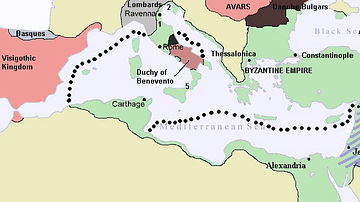
Article
Byzantine-Armenian Relations
The relationship between the Byzantine Empire and ancient Armenia was a constant and varied one with an equal mix of wars, occupations, treaties of friendship, mutual military aid, and cultural exchange. Regarded as a vital defence to the...

Article
Visiting Glastonbury - the Town of Myths & Legends
The Somerset Levels is an area of the British Isles that captivates visitors with its stunning natural landscape and historical sites and monuments. Glastonbury is famous for its apple orchards and music festival. It is one of the most visited...
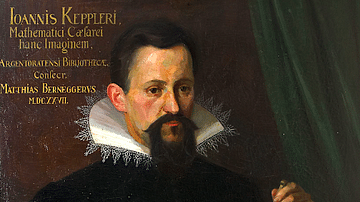
Definition
Johannes Kepler
Johannes Kepler (1571-1630) was a German astronomer and mathematician most famous for creating what was up to that point the most accurate model of planetary astronomy with his three laws of planetary motion. Kepler was the first to present...
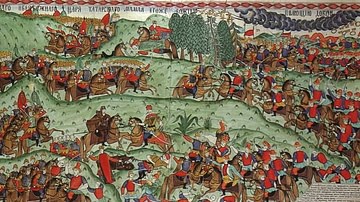
Definition
Golden Horde
The Golden Horde was the European appanage of the Mongol Empire (1206-1368 CE). Begun in earnest by Batu Khan in 1227 CE, the territory that would eventually become the Golden Horde came to encompass parts of Central Asia, much of Russia...
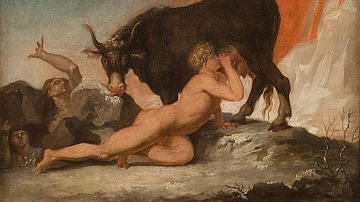
Definition
Ymir
Ymir is a primordial giant, closely linked to the creation myth and the beginning of the world in Norse mythology. A creature resulting from the dramatic encounter between ice and fire, he was fed by a cosmic cow and his body parts served...
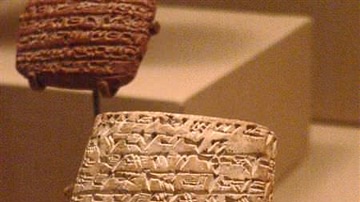
Definition
Philology
Philology is derived from the Greek terms φίλος (love) and λόγος (word, reason) and literally means a love of words. It is the study of language in literary sources and is a combination of literary studies, history and linguistics. Philology...
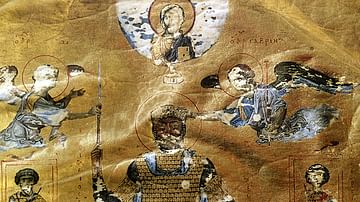
Definition
Basil II
Basil II (aka Basilius II) was the emperor of the Byzantine Empire from 976 to 1025 CE. He became known as the Bulgar-Slayer (Bulgaroktonos) for his exploits in conquering ancient Bulgaria, sweet revenge for his infamous defeat at Trajan's...